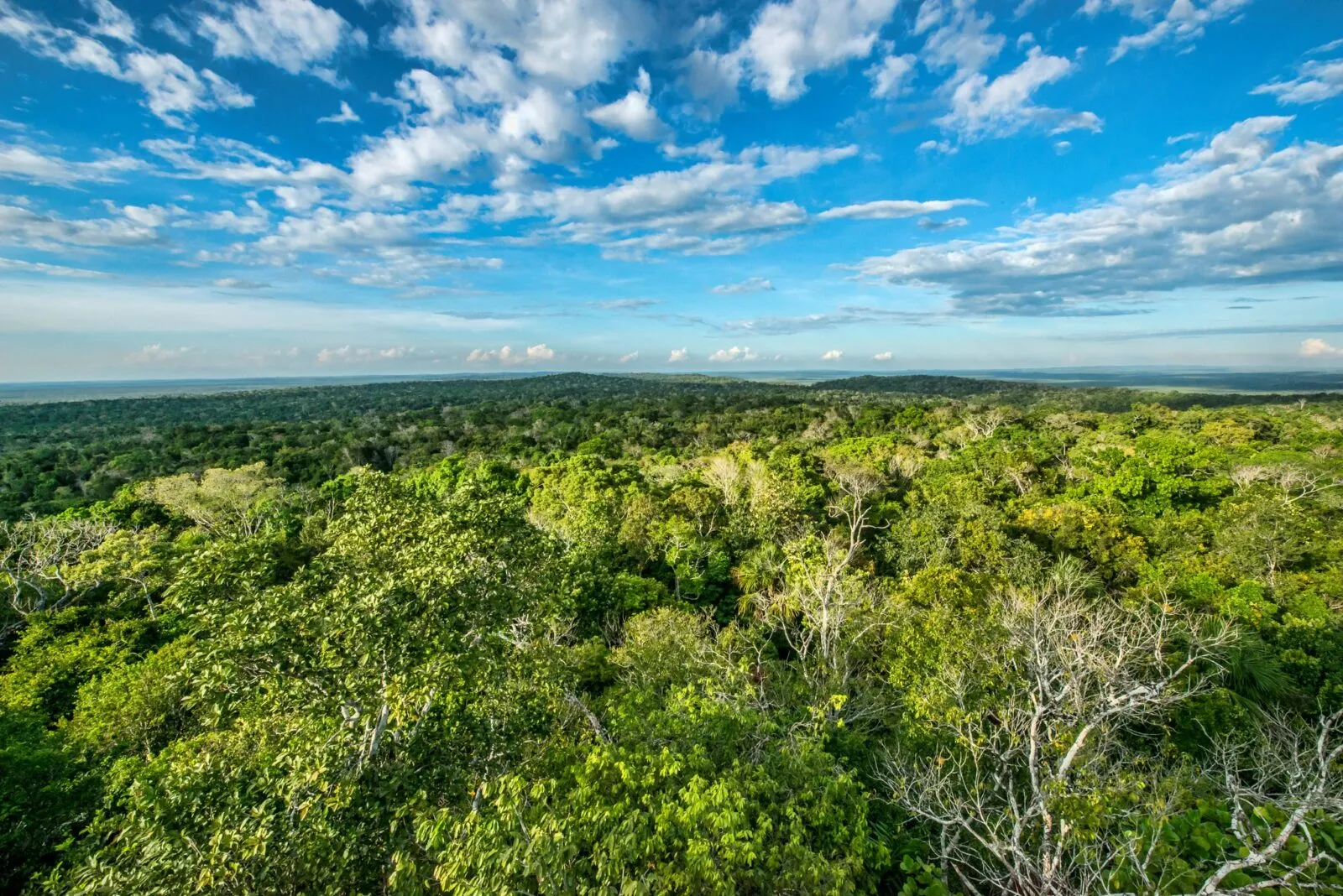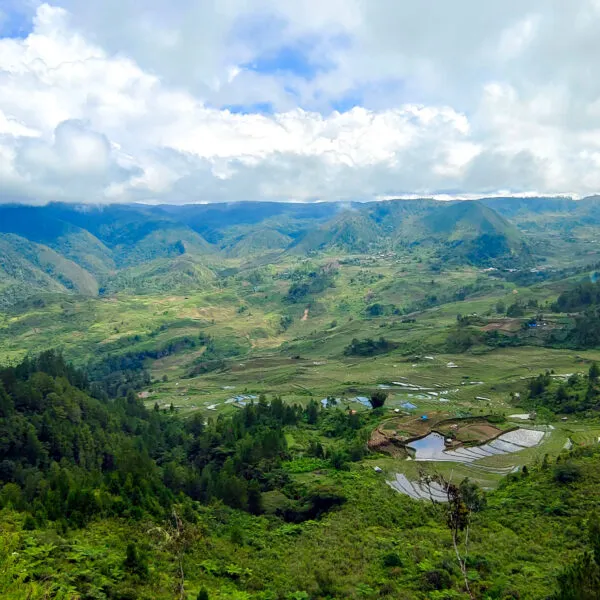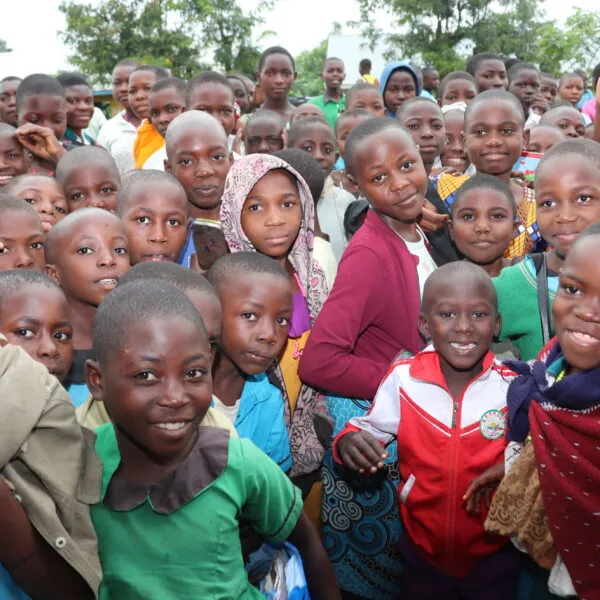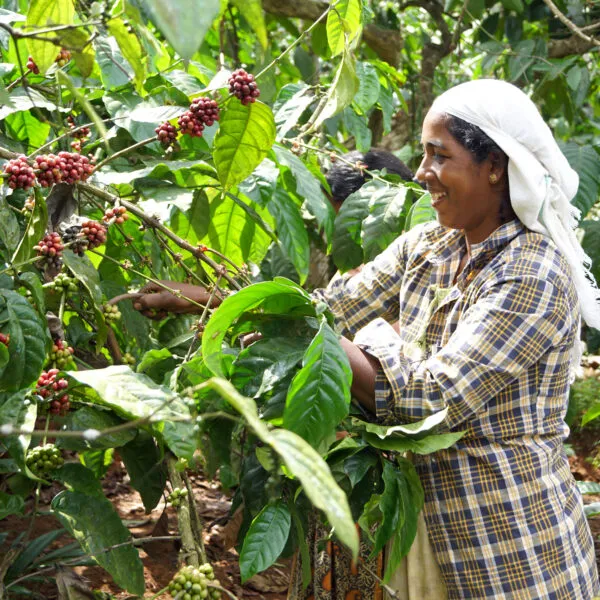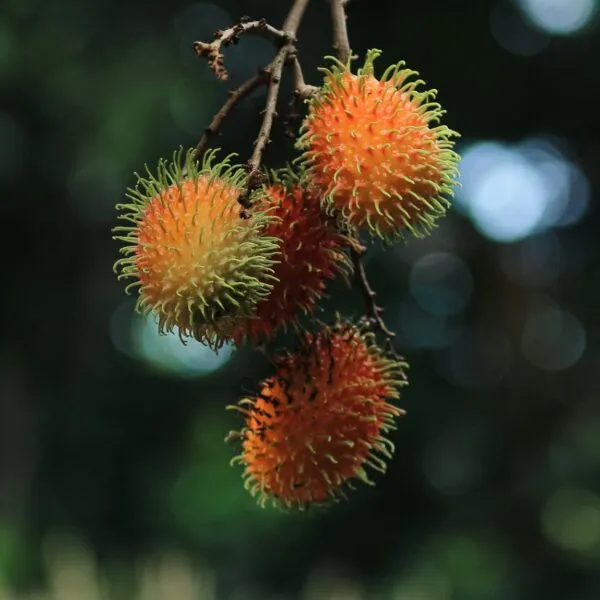The climate crisis is hitting Guatemala hard, due to a combination of factors like location, topography, and economic vulnerability. Extreme weather events such as hurricanes and droughts have grown more frequent and intense in recent decades, impacting food production and water access—especially for the country’s most vulnerable communities. Although Guatemala is one of the most biodiverse countries on Earth, with rich natural resources, unsustainable land-use practices lead to increased greenhouse gas (GHG) emissions, which further exacerbate climate change.
The Rainforest Alliance’s Prosperous and Resilient Landscapes activity aims to give Guatemalan communities the tools they need to address these challenges. From supporting the growth of greener livelihoods to restoring degraded landscapes and sustainably managing forests, the project seeks to build a more sustainable, prosperous future for people and nature.
Project name: Prosperous and Resilient Landscapes
Location: Guatemala
Project period: 2023-2028
PROJECT OBJECTIVES
Prosperous and Resilient Landscapes aims to reduce land-based GHG emissions and increase carbon sequestration in Guatemala. The project will boost economic growth and improve livelihoods through more environmentally sustainable management, production, and commercialization of the region’s natural resources. Goals include the development of market strategies and regulations that promote environmentally friendly practices, landscape restoration, support for low-GHG emission value chains, and strengthening sustainable forest management and conservation.
To accomplish these objectives, the project will:
- Scale up forest conservation and low-emission livelihoods through policy, regulatory, and market instruments, leveraging Guatemala’s robust policy and technical frameworks on climate and low emission development.
- Restore rural landscapes and strengthen low-emission livelihoods, accelerating carbon capture and emissions reduction across target regions, while addressing challenges in the agriculture sector such as forest degradation, climate impacts, and informal income.
- Bolster community-based sustainable forest management and forest governance models to protect forests and drastically reduce emissions across natural landscapes, while identifying new markets with interest in products developed under more sustainable practices.
PARTNER COMMUNITIES
Prosperous and Resilient Landscapes is being implemented in Peten (including the Multiple Use and Buffer Zones of the Maya Biosphere Reserve and southern Peten), Alta and Baja Verapaz, and five departments in the Western Highlands of Guatemala, in addition to targeted interventions at the national level. The project’s actions are aimed at forest-dependent communities, Indigenous peoples, women, and youth.
DESIRED IMPACTS
By the end of the project’s five-year implementation period, Prosperous and Resilient Landscapes aims to:
- Achieve product and service sales of at least US$80 million for community and nature-based enterprises, with steady growth in annual assets and earnings.
- Create 11,000 full-time equivalent jobs in forest-dependent communities, including for Indigenous communities, women, and youth. These jobs will be linked to low-emission value chains.
- Work over more than 1.8 million hectares of land dedicated to agriculture, forests, and agroforestry systems to reduce and capture greenhouse gases equivalent to 10.2 million tons of carbon dioxide (CO2).
- Support 500 nature-based enterprises and community-based organizations to develop business plans promoting low-emission value chains.
Funders:
USAID/Guatemala
Partners:
Association of Forest Communities of Peten (ACOFOP)
Association of Organizations of the Cuchumatanes (ASOCUCH)
Federation of Cooperatives of the Verapaces (FEDECOVERA)
Rainforest Alliance contact:
Alejandro Santos, Chief of Party, asantos@ra.org
